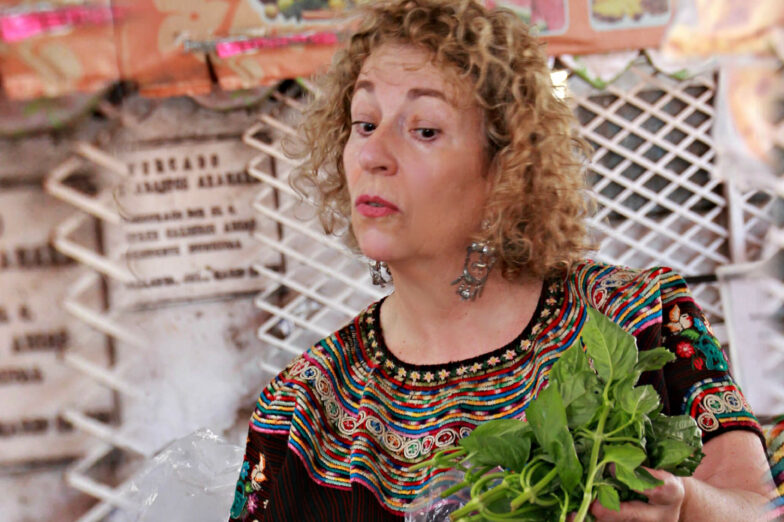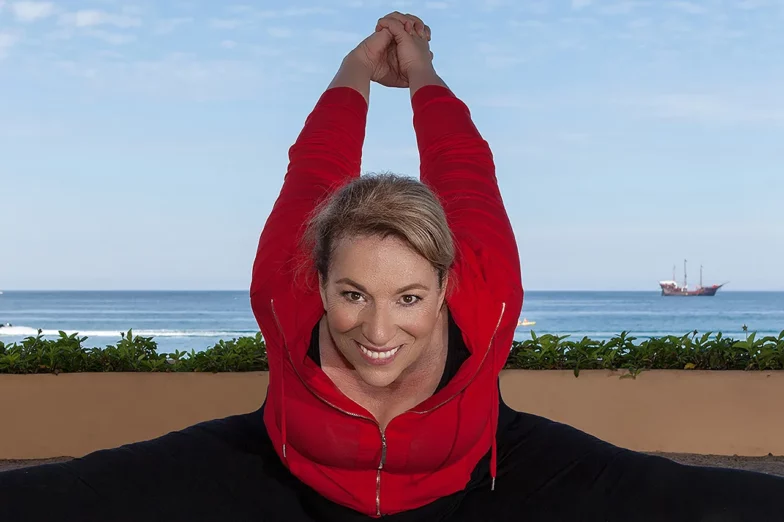I learned traditional healing and herbal medicine while living and working for over 30 years in an Indigenous village in Mexico. Over these 30 years, I also observed many health and food practices changes due to what I call nutrition trauma.
I define nutrition trauma as the disruption in access to endemic, natural food resources due to overwhelming forces that make inaccessible foods that are bio-culturally and biochemically suited to healthy digestion and nutrient utilization.
Nutrition trauma occurs when introduced foods overwhelm the capacity of the local Indigenous peoples to digest and metabolize these new foods, which often cause conditions that were unknown or rare before the colonial process. While this definition evolved in response to my work with Indigenous populations, nutrition trauma applies to all people, whether by choice, addiction, or conditions that overwhelm their capacity to digest, thus resulting in chronic illness.
Why is this concept relevant to our exploration of nutrition and traumatic stress? My answer is that food is either medicine or poison. People who experience traumatic stress require culinary medicine; food that is poison exacerbates the effects of trauma on the mind and body. Social stressors like poverty prevent access to healthy foods. The experience of trauma is not just an individual one; it traverses into the social networks and how society supports, or doesn’t, nourishment at all levels.
We can access and use our cultural wisdom and our ancestral knowledge to access our health and healing through cultural foods and traditions. Our cultural and environmental heritage plays a role in defining the best foods for our bodies and minds. Matching our cultural and genetic heritage deepens our connection to ourselves and our families and provides us with numerous ways to strengthen our resilience, emotionally and biologically.
Exploring and discussing food and herbs can link to exploring cultural ethnicity identity, meaning change, and sometimes loss. And, it can help us to understand the nutrition trauma that our ancestors have faced and that we may continue to face.
Definitions of Culture
Everyone has at least one cultural heritage, and several identities often influence us, reaching back into many generations. Trauma transmits intergenerationally, and cultural values and practices also will affect us consciously and unconsciously.
There are many definitions of culture; at its root meaning, the words cult and ure mean worship (of the) earth. Culture is also defined as the connections between people to their land and to their ‘shared creativities,’ which include values, art, language, and other symbols of collective life.
Culture is food, and food is culture. Before we can know a culture, we must “taste” it, smell it, digest it. Culturally-specific food preparation methods, teachings about different foods and their nutritional properties, and culinary practices are found worldwide. What one culture eats–for example, the peoples of northern climes traditionally eat more animal proteins and fats, may be different from what people from tropical climes eat where plant proteins are emphasized.
Who am I? What is My Culture?
Unless you are indigenous to the territory in which you reside, you may have traveled far from your original home, or you may be generations away from your home. But your body still beats to the pulsations of the earth, which helped grow your ancestors’ bodies, including their genes—these foods which still nourish your cultural and genetic heritage.
Use the questions below to help define your own culture and nutritional heritage:
- Where am I from?
- Who are my people?
- Where are my people from?
- What is/are my culture(s)?
- What cultural influences are present in my identity?
- Is there a dominant influence I have always sensed or experienced?
- What did/do my people eat traditionally?
- What kinds of food and herbs are important and most frequently used?
- Can I name a recipe unique to my culture? What are the ingredients?
- Does your cultural food nourish you?
- Are there healing rituals associated with certain foods?
- Do you have an elder, relative, community member, or another source to seek out and learn more from?
Learn more about nutrition trauma and my work in Mexico (in English and Espanol) here and find more exercises to explore culture, foods and the effects of trauma on our lives in my books Multicultural Workbook, and my latest course on Trauma.
- The Soul of Basil - March 12, 2024
- A Comprehensive Guide to Natural Hypothyroidism Treatment - November 17, 2023
- Flexing Your Self-Care Muscle (and Your Client’s Too!) For Success - September 4, 2023

Are You Ready to Advance Your Career?
If you want to advance your career in integrative medicine, explore my courses and certifications.












